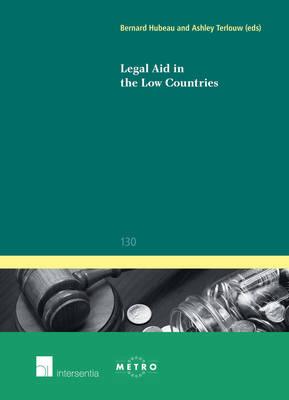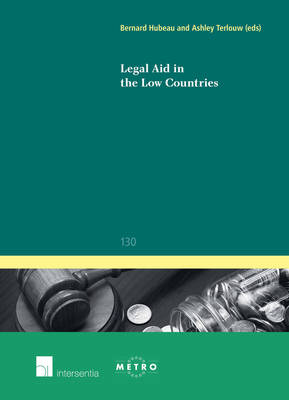
- Afhalen na 1 uur in een winkel met voorraad
- Gratis thuislevering in België vanaf € 30
- Ruim aanbod met 7 miljoen producten
- Afhalen na 1 uur in een winkel met voorraad
- Gratis thuislevering in België vanaf € 30
- Ruim aanbod met 7 miljoen producten
Omschrijving
Access to justice is a fundamental democratic right for all citizens. In order to exercise this right people need lawyers or other legal professionals to translate their everyday problems and conflicts to the distant legal world and to translate legal language into the ordinary language of the average (potential) litigant. In both countries the legal aid system is under pressure partly due to the economic crisis, partly because of the increasing demand for and use of legal aid. We live in times of austerity and the legal aid system is considered to be too expensive. In both Belgium and the Netherlands we see cutbacks and proposals to reform the legal aid system.
Legal Aid in the Low Countries deals with the system of legal aid in Belgium and the Netherlands. Central questions in the book are whether the conditions for a sound legal aid system are met, especially in the fields of law that mainly concern the 'have nots'; the main ethical considerations that legal aid providers have to take into account; and the alternatives for legal aid and complementary solutions to enhance access to justice. The approaches to legal aid are very varied: the socio-legal approach, the policy approach, the critical approach, the legal approach, etc. Legal Aid in the Low Countries is unique in how it brings these disciplines together. It broadens the debate on legal aid and sheds light on these questions from the perspectives of all these disciplines. The book is written for everyone who is professionally or scientifically interested in legal aid.Specificaties
Betrokkenen
- Auteur(s):
- Uitgeverij:
Inhoud
- Aantal bladzijden:
- 375
- Taal:
- Engels
- Reeks:
Eigenschappen
- Productcode (EAN):
- 9781780682563
- Verschijningsdatum:
- 3/10/2014
- Uitvoering:
- Paperback
- Formaat:
- Trade paperback (VS)
- Afmetingen:
- 170 mm x 240 mm
- Gewicht:
- 657 g

Alleen bij Standaard Boekhandel
Beoordelingen
We publiceren alleen reviews die voldoen aan de voorwaarden voor reviews. Bekijk onze voorwaarden voor reviews.











